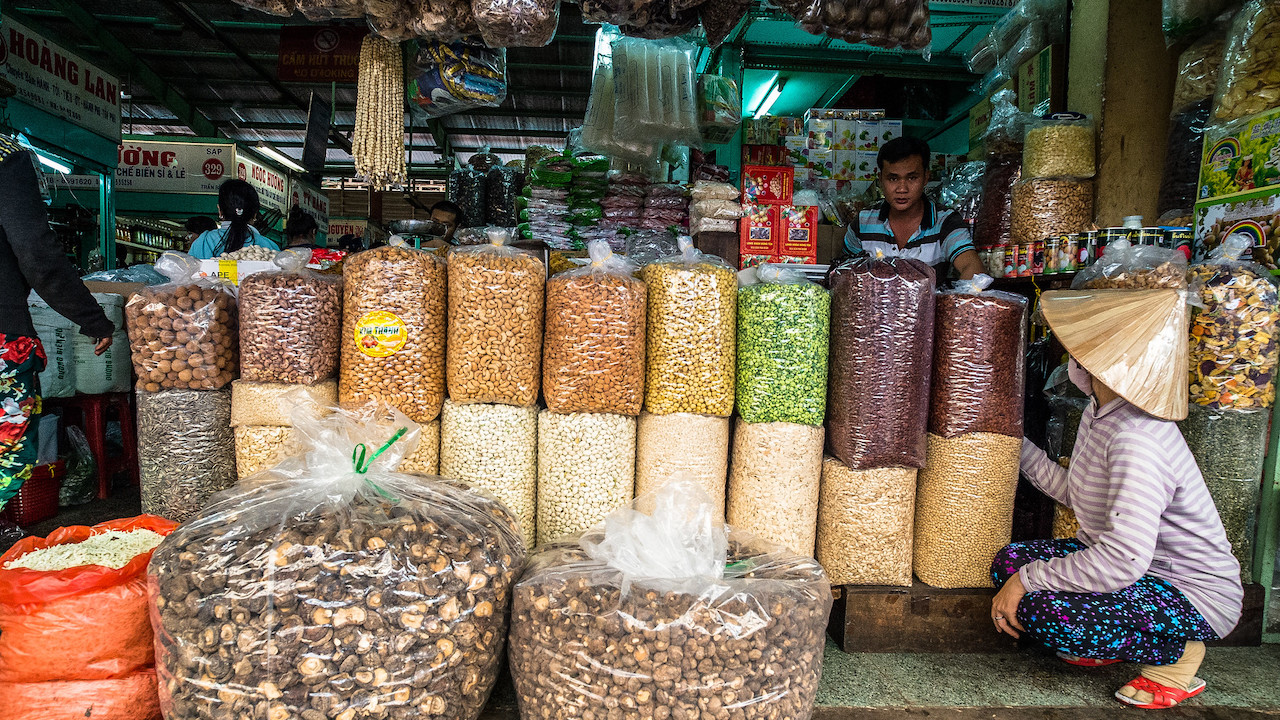
Local economies in most parts of the region are dominated by MSMEs. Photo credit: ADB.
Understanding how local business environments affect the viability of firms is key to unlocking policy interventions that support post-pandemic recovery.
Better business environments across Southeast Asia are critical to rejuvenating firms hit hard by the COVID-19 pandemic. This was the key message delivered at the regional webinar “Better Local Business Environments for Pandemic Recovery in Southeast Asia” on 29 June, at which policy makers from across the region discussed national and subnational policies to drive economic and social recovery.
“Small firms are the foundation of local economies in Southeast Asia,” said ADB Director General for Southeast Asia Ramesh Subramaniam. “Understanding how local business environments affect the viability of firms during this challenging period is key to unlocking policy interventions that support post-pandemic recovery and can help make progress on the Sustainable Development Goals.”
Unique challenges
Regional economic growth is critical for the continued development of Southeast Asia. Local economies in most parts of the region are dominated by micro, small, and medium-sized enterprises (MSMEs). They account for 97% of all firms in the region, employ approximately two-thirds of the total workforce, and account for approximately 40% of gross domestic product. Unlike large firms, which are generally located in metropolitan areas, 80% of MSMEs reside in provincial towns or in rural and remote areas where they deliver a range of essential products and services to their local communities, providing jobs particularly to women.
However, MSMEs face a unique set of challenges. They have low levels of capital and limited resources for innovation. Many are highly informal with low levels of knowledge about government support and programs. Across Southeast Asia, MSMEs have experienced large income and capital losses due to the COVID-19 pandemic. MSMEs also face new challenges, such as higher business costs, increasing indebtedness, and regulatory uncertainties that require structural reforms to improve the local operating business environment.
As small businesses are important contributors to economic success, any economic recovery plan or attempt to shift to a low-carbon economy will require a mapping of business conditions across local economies to understand important factors, strategies, and behaviors that can strengthen MSME development and support local economic growth.
The regional webinar discussed salient government policy responses, including the need for an ecosystem-wide approach that can seamlessly bring together the many different pieces responsible for creating a flourishing local economy with vibrant small firms and entrepreneurship. Fostering greater alignment through stronger information sharing, policy dialogue, and small business mentorship are needed to build back more competitive and productive MSMEs after the COVID-19 pandemic. The webinar was hosted by ADB with support from the People’s Republic of China Poverty Reduction and Regional Cooperation Fund.
ADB is committed to achieving a prosperous, inclusive, resilient, and sustainable Asia and the Pacific, while sustaining its efforts to eradicate extreme poverty. Established in 1966, it is owned by 68 members—49 from the region.
This article was first published by ADB on 29 June 2022.

